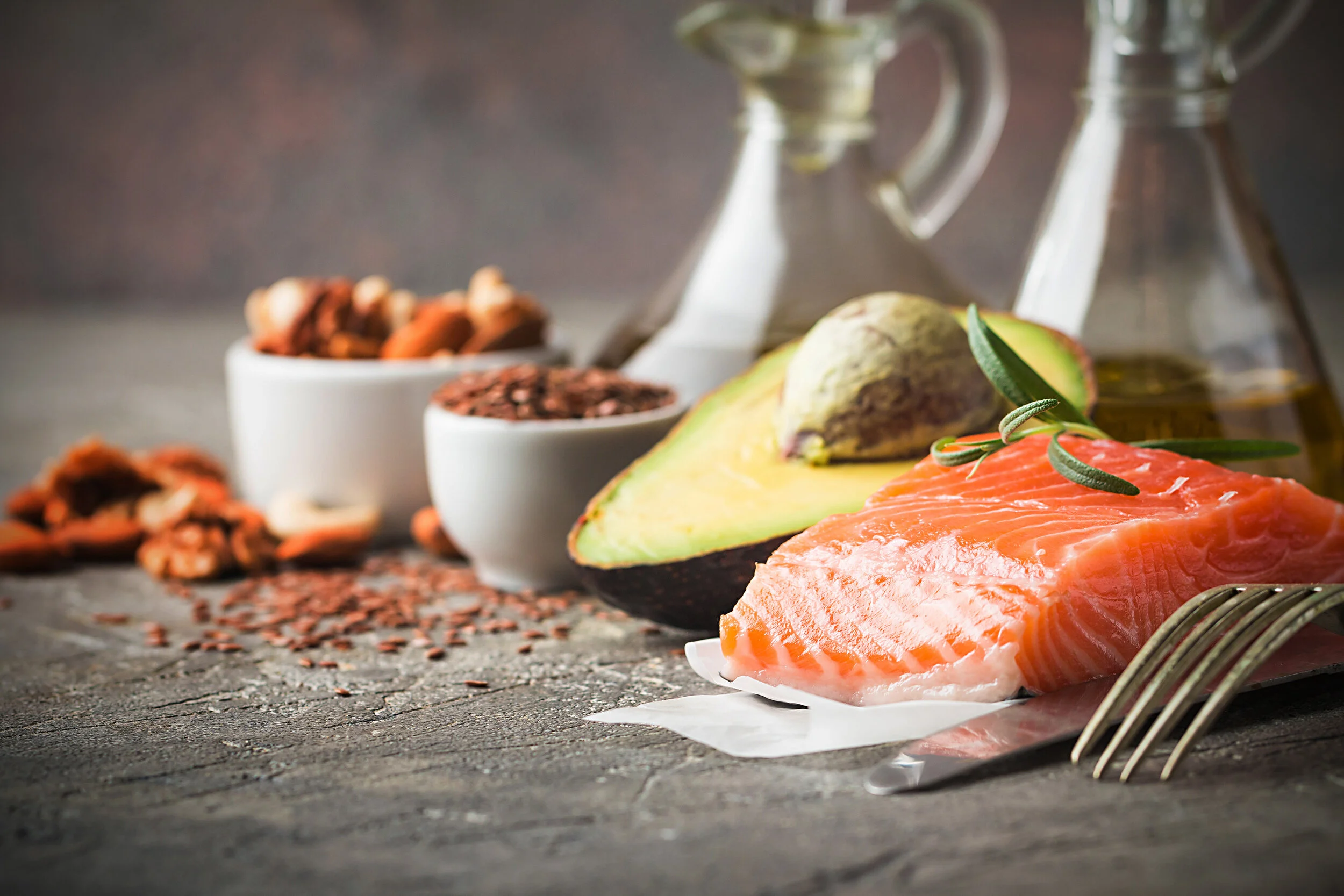HAES® is the acronym for a movement that has been around since the 1960s, otherwise known as Health at Every Size®. HAES® is a weight-neutral approach to health, emphasizing healthy behavior changes to promote health rather than weight loss. It encourages individuals to appreciate their bodies for what they can do and provide rather than for how they look.
ARFID and Sensory Processing Issues
Like many eating disorder nutrition practices, this year we’ve seen an influx of complex, complicated and even atypical cases come to our virtual doorsteps. The pandemic has given us an opportunity to work with a more robust and complete picture of eating disorders that span the spectrum of age, gender, race and symptom presentation.
Eating Fat makes you Fat
The macronutrient, Fat, has a bad reputation in diet culture and especially in the eating disorder world. It doesn’t help that society’s views on body image further create a PR nightmare for the macronutrient. The common misnomer that eating fat will make you fat is understandable as the name itself, gives off that impression. In addition, scientifically there is some logic behind that myth:
Myth: When it comes to weight loss: The faster, the better...
Weight and weight loss can be tricky subjects, especially when it comes to eating disorder treatment and recovery. At times, our patients have inquired about needing a “jump start” to weight loss. For some, the idea of “jump starting” can symbolize a beginning of something dramatic and different. When it comes to weight, this usually involves a drastic change that can include some degree of restriction, cutting calories, limiting food groups, or meals all together.
Myth: Change Can Happen Overnight (Or At The Stroke Of Midnight)
“New Year, New Me”. The start of a new year usually brings sayings such as this- especially as we eagerly await 2021 to begin. This unassuming quote brings significant pressure to change who we are overnight. We envision that at the stroke of midnight, all our habits that we endeavor to change - will change. We’ll take up that streaming yoga class, start a juice cleanse, or give up sugar. Not only do internal forces drive that desire, but external pressures are abundant via social media, news articles, and influencers touting all the things one should do on January 1st.
Holidays are a time we must compensate for our calories.
Although it may feel different from previous years, the holiday season is upon us. The holidays have the potential to bring warmth and the sense of normalcy we are all craving. However, it can also bring on overwhelming emotions. Given this year’s atypical cocktail of COVID mixed with a bit of food and family it may be an even more challenging time for those recovering from disordered eating.
Myth: Eating after a certain time will make me gain weight
Myth: Fruit Contains Too Much Sugar
An increasingly common refrain with respect to diet is that sugar in all forms is bad for you. The topic of fruit or “overfruiting” arises with increasing frequency in all circles: patients, friends, family. It usually starts with “I think I eat too much fruit...” or “portion size matters with fruit because of how much sugar fruit has”. Fruit has recently developed a bad reputation with concern largely stemming from the amount of sugar fruit contains.
Myth: Certain Foods Can Burn Calories
Myth: Meal Patterns Don’t Affect Our Hunger and Fullness Cues
Myth: Sleep Doesn’t Affect Your Eating
As we all adjust to our new COVID-19 normal, sleep patterns have become collateral damage. Our new work -from-home/ stay-at-home schedules amplified by rising anxieties have altered how and when we rest. Some of us may find going to sleep harder or waking up much later because of more time we have on our hands. This disruption can wreak havoc on our mood, brain activity, and regulating hormones that are imperative to food choices and behavior.
















